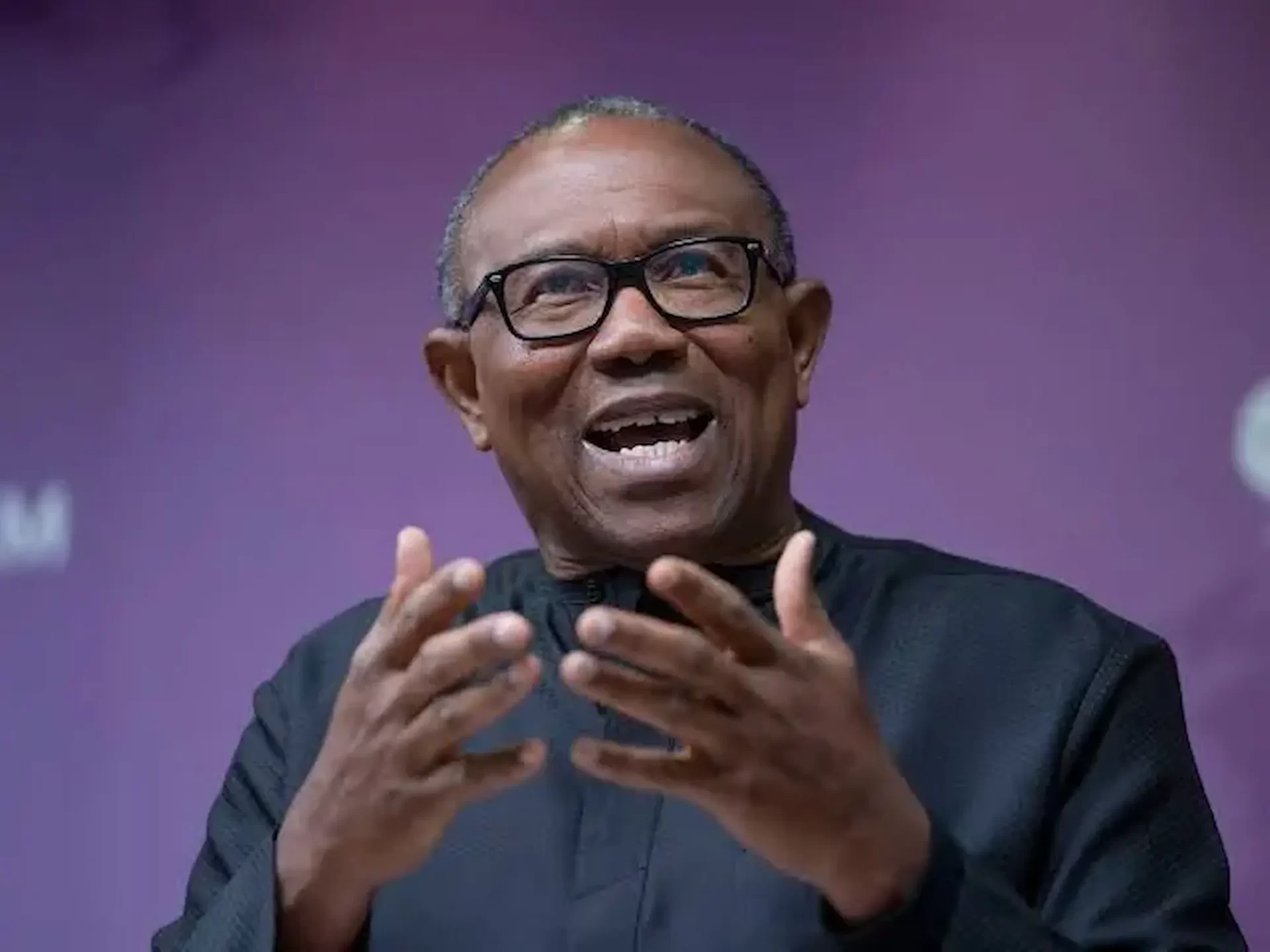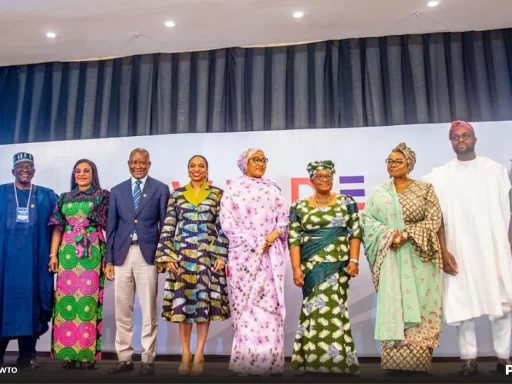Nigeria’s FDI Plunges 70% in Q1 2025, Obi Blames Poor Leadership for Investor Exodus
By NaijaEnquirer Staff
Former presidential candidate, Mr. Peter Obi, has raised alarm over Nigeria’s shrinking Foreign Direct Investment (FDI) inflows, blaming poor leadership and uncoordinated reforms for scaring off long-term investors despite the government’s frequent foreign investment drives.
According to the National Bureau of Statistics (NBS), FDI into Nigeria dropped by a staggering 70 percent in Q1 2025, plunging to $126.29 million from $421.8 million in Q4 2024. Overall, capital importation stood at $5.64 billion, with FDI accounting for only 2.24 percent—compared to 8.2 percent the previous quarter. Nearly 90 percent of inflows went into speculative money market instruments.
Obi criticised this trend, noting that speculative investments contribute little to industrial growth or job creation. With such a high proportion of capital importation flowing into speculative investments, the impact on industrial growth or job creation is highly insignificant and elusive, given the ease with which such ‘hot money’ can exit the economy,
he said.
He argued that Nigeria’s poor performance in governance, rule of law, regulatory quality, and accountability demonstrates that leadership failure remains the biggest obstacle to attracting sustainable investment. You cannot attract sustainable foreign investment with poor leadership and governance,
he stressed.
Highlighting the impact on the real economy, Obi revealed that capital inflows into the manufacturing sector dropped by 32.1 percent, falling to $129.92 million in Q1 2025 from $191.92 million in Q1 2023. There is no better confirmation of the lack of trust in this government, whose reforms remain uncoordinated and largely reactive,
he added.
Comparing Nigeria’s performance with its African peers, Obi noted that while global FDI flows declined in 2024, Africa’s inflows rose 75 percent to $97 billion. Egypt led the pack with $46.58 billion, followed by Ethiopia, Côte d’Ivoire, Mozambique, Uganda, DR Congo, South Africa, Namibia, Senegal, Guinea, and Morocco. Nigeria, however, secured only $1.08 billion, about one percent of Africa’s total, representing a 42 percent decline from 2023.
He further lamented that after the 42 percent fall in 2024, Nigeria’s FDI has now collapsed by another 75 percent between Q4 2024 and Q1 2025. We cannot achieve sustainable growth and development with ineffective leadership and a weak government,
Obi warned.
Despite the grim statistics, Obi expressed optimism that reforms rooted in good governance could reverse the trend, insisting: A New Nigeria is possible.







